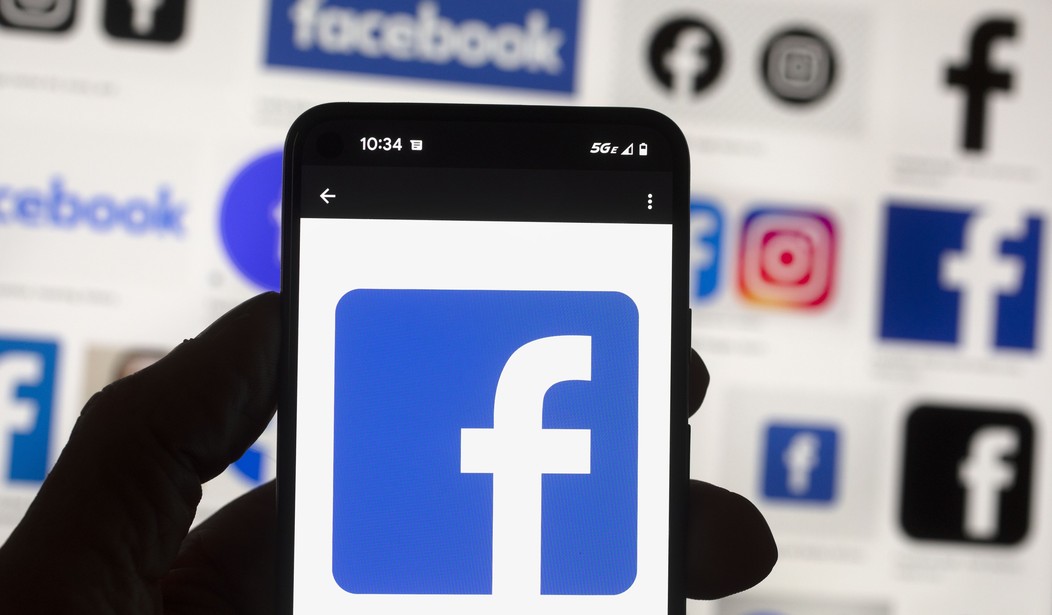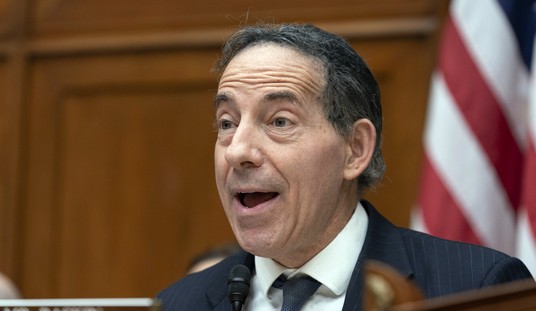As RedState reported on Tuesday, Meta Platforms, Inc. (formerly Facebook, Inc.) announced it is ending its notorious fact-checking program and lifting restrictions on speech to "restore free expression" across Facebook, Instagram, and Meta platforms, finally admitting that its current content moderation practices have "gone too far." CEO Mark Zuckerberg said in a video posted Tuesday morning:
We’re going to get back to our roots and focus on reducing mistakes, simplifying our policies and restoring free expression on our platforms. More specifically, we’re going to get rid of fact-checkers and replace them with Community Notes similar to X, starting in the U.S.
Sounds great. But, as my colleague Brandon Morse asked, should we trust him? Particularly because Zuckerberg is undoubtedly making the change due to necessity rather than desire. In a word, no. Not without also verifying, anyway, as President Ronald Reagan wisely advised about the then Soviet Union.
READ MORE:
WHOA: Meta Ends Fact-Checking As Zuckerberg Vows to Restore Free Expression on Facebook
Zuckerberg Is Following the More Lucrative Path Elon Set as Predicted, but Should We Trust Him?
Let's be honest, my liberal friends (on the off chance that any of them are reading this article).
President-elect Donald Trump's seismic beatdown of Vice President Kamala Harris in the 2024 presidential election sent shockwaves through the elitist left-wing community. That includes Zuckerberg. Yes, despite their best efforts to destroy Trump, he came roaring back like a lion, and to suggest that Zuck and his ilk aren't rattled would be a misstatement of significant proportion.
Anyway, just hours after Zuck's announcement, Facebook quietly revamped its "hateful conduct" on Meta's community standards webpage.
The announcement couldn't be more ironic to those of us who have experienced Zuck's censorship for years, including the removal of posts containing reputably-resourced facts, as well as being scorned by scolds on the left. Check it out:
Policy Rationale
We believe that people use their voice and connect more freely when they don’t feel attacked on the basis of who they are. That is why we don’t allow hateful conduct on Facebook, Instagram, or Threads.
We define hateful conduct as direct attacks against people — rather than concepts or institutions — on the basis of what we call protected characteristics (PCs): race, ethnicity, national origin, disability, religious affiliation, caste, sexual orientation, sex, gender identity, and serious disease.
Additionally, we consider age a protected characteristic when referenced along with another protected characteristic. We also protect refugees, migrants, immigrants, and asylum seekers from the most severe attacks, though we do allow commentary on and criticism of immigration policies.
Similarly, we provide some protections for non- protected characteristics, such as occupation, when they are referenced along with a protected characteristic. Sometimes, based on local nuance, we consider certain words or phrases as frequently used proxies for protected characteristics.
Who knew? Particularly given Facebook's hypocritical hyper-partisan past. Heck, I've been tossed in the Zuckerville Gulag (a badge of honor) so many times that the warden knows me by my first name.
Here's more:
The site displays changes made to its policies, with reams of text struck through with red lines to show removed text and green highlighted text to denote added words. Sentences that once talked about cracking down on “hate speech” were revised to address combating a more general “hateful conduct” directed against people.
The changes largely eliminate specific violations, replacing them with broader descriptions of what will be considered harmful conduct. Meta no longer says it would remove “statements of inferiority, expressions of contempt or disgust; cursing; and calls for exclusion or segregation,” but it will nix “dehumanizing speech,” “harmful stereotypes,” and “allegations of serious immorality or criminality, and slurs.”
Meta will continue to remove content about “Animals in general or specific types of animals that are culturally perceived as inferior (including but not limited to: Black people and apes or ape-like creatures; Jewish people and rats; Muslim people and pigs; Mexican people and worms).” Meta added it will continue to remove “calls for exclusion or segregation when targeting people based on protected characteristics.”
Meta no longer says it will remove “statements of inferiority, expressions of contempt or disgust; cursing; and calls for exclusion or segregation,” but that it will remove “dehumanizing speech,” “harmful stereotypes,” and “allegations of serious immorality or criminality, and slurs.” Do it on both sides, Zuck, and we're good.
Most notably, the company also removed multiple references to fighting “hate speech” on Facebook, Instagram, and Threads from its “hateful conduct” from the site. So, "hate speech" or "hateful conduct." Semantics.
The blatant issue with Facebook hasn't been which terms it has used but rather which side it has censored. And as for these changes, as I suggested above, I'll believe it when I see it.













